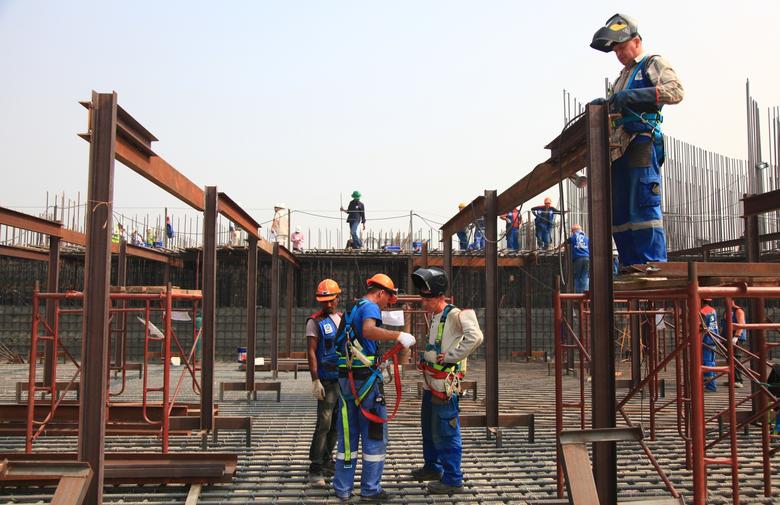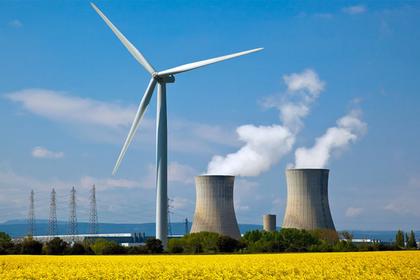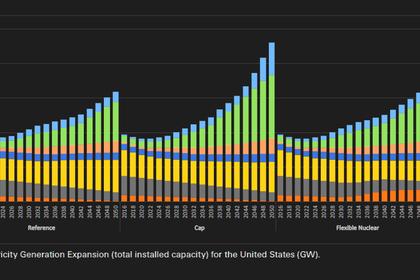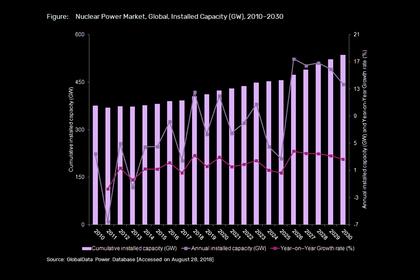
UZBEKISTAN'S NUCLEAR POWER

WNN - 17 December 2019 - Four projects aimed at building up Uzbekistan's technical capacity, human resources, developing nuclear infrastructure, and strengthening nuclear and radiation safety have been approved by the International Atomic Energy Agency's (IAEA's) board of governors. The Central Asian country aims to have two nuclear power reactors in operation by 2030.
The approvals were received under the framework of the technical cooperation programme between Uzbekistan and the IAEA. The programme provides for the strengthening of nuclear and radiation safety in the operation of nuclear facilities in Uzbekistan, the development and implementation of modern nuclear technologies in medicine and other sectors of the economy, as well as the dissemination of nuclear knowledge.
In Uzbekistan, the project executors are: UzAtom, an agency created in July last year to manage the government's nuclear power programme; the State Committee for Industrial Safety; the Institute of Nuclear Physics; the National University of Uzbekistan; Samarkand State University; and Tashkent City Oncology Centre.
Uzbekistan has worked closely with the IAEA on its atomic energy programme during 2019, Uzatom said, adding that these approvals have "deepened and strengthened" Uzbekistan's relationship with the IAEA. The agency said it looks forward to closer collaboration with the IAEA on the development of reguation. "Uzatom believes that the stronger its regulator is, the safer and more successful its atomic energy programme will be."
"We stand shoulder-to-shoulder with the IAEA on our entire nuclear energy programme," said First Deputy Energy Minister and Director General of UzAtom Jurabek Mirzamahmudov. "Our priorities are to improve Uzbekistan's nuclear knowledge and technology whilst maintaining the highest level of safety. We are very grateful for these approvals and thank the IAEA for all its cooperation and collaboration. We look forward to receiving their continued advice and endorsement."
Uzbekistan and Russia signed an intergovernmental agreement on cooperation in the use of nuclear energy for peaceful purposes in December 2017, and in September 2018 a further agreement was signed for the construction by Rosatom of two VVER-1200 reactors. The engineering, procurement and construction contract is expected to be signed with Rosatom subsidiary Atomstroyexport by the end of this year; a site licence to be granted in 2020; first concrete to be poured in 2022; and the two units to be commissioned in 2028 and 2030, respectively. In May this year, Rosatom and UzAtom signed a contract to perform engineering surveys for the planned units, and in July Energy Minister Alisher Sultanov announced the country wants to build four units and not just two as previously stated.
-----
Earlier:
















